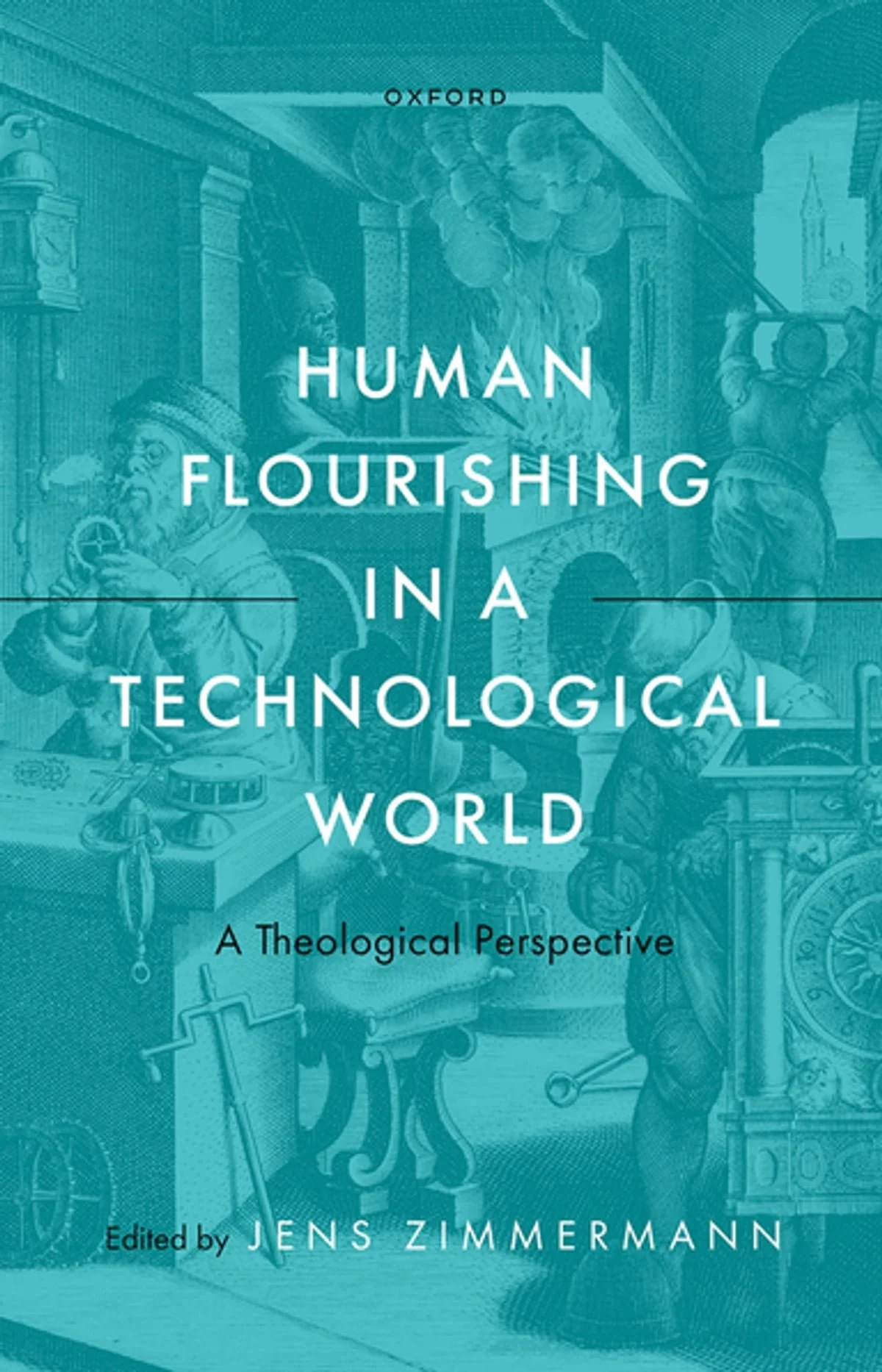The question of who 'we' are and what vision of humanity 'we' assume in Western culture lies at the heart of hotly debated questions on the role of religion in education, politics, and culture in general. The need for recovering a greater purpose for social practices is indicated, for example, by the rapidly increasing number of publications on the demise of higher education, lamenting the fragmentation of knowledge and university culture's surrender to market-driven pragmatism. The West's cultural rootlessness and lack of cultural identity are also revealed by the failure of multiculturalism to integrate religiously vibrant immigrant cultures. A main cause of the West's cultural malaise is the long-standing separation of reason and faith. Jens Zimmermann suggests that the West can rearticulate its identity and renew its cultural purpose by recovering the humanistic ethos that originally shaped Western culture. In tracing the religious roots of humanism from patristic theology, through the Renaissance into modern philosophy, we find that humanism was originally based on the correlation of reason and faith. In this book, the author combines humanism, religion, and hermeneutic philosophy to re-imagine humanism for our current cultural and intellectual climate. The hope of this recovery is for humanism to become what Charles Taylor has called a 'social imaginary', an internalized vision of what it means to be human. This vision will encourage, once again, the correlation of reason and faith in order to overcome current cultural impasses, such as those posed, for example, by religious and secularist fundamentalisms.
“The critical retrieval of religious, theological and specifically Christian humanism, which has been gathering momentum during the past decade, has received a major boost with the publication of these two fine studies by Jens Zimmermann ... Each volume can stand on its own, but they overlap and complement each other in addressing the cultural crisis that faces Western society with secularism in confusion and religious fundamentalism rampant ”










